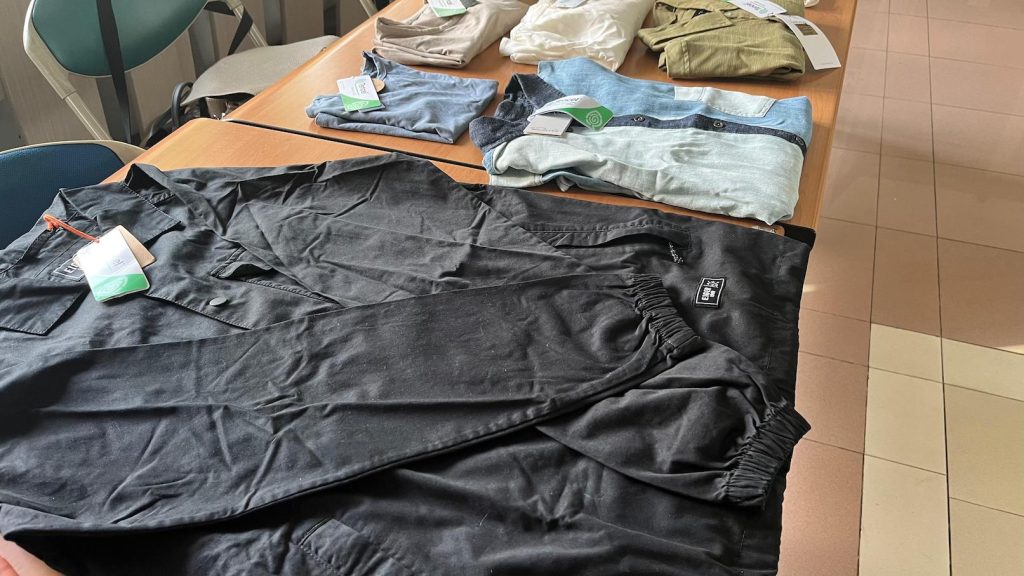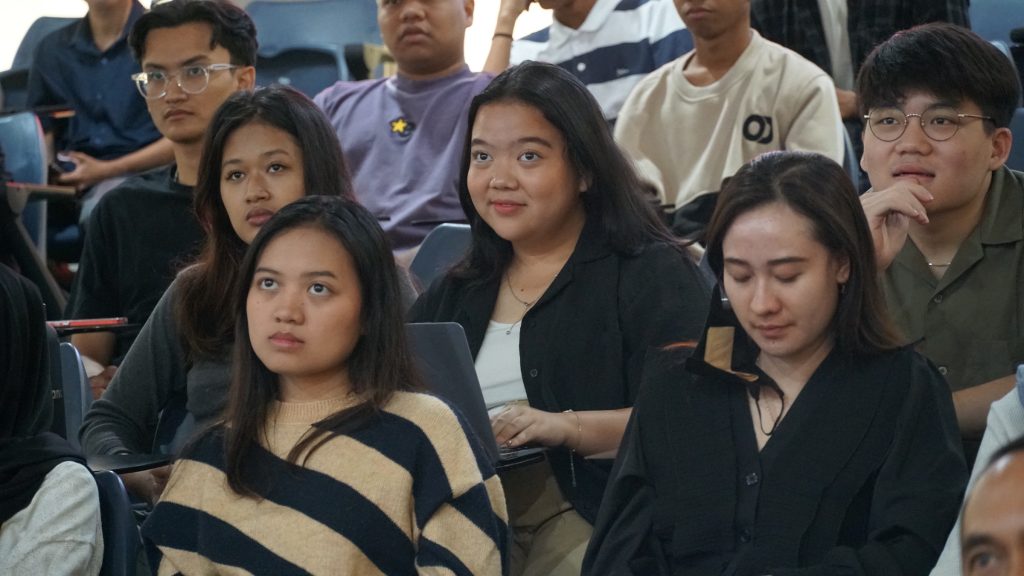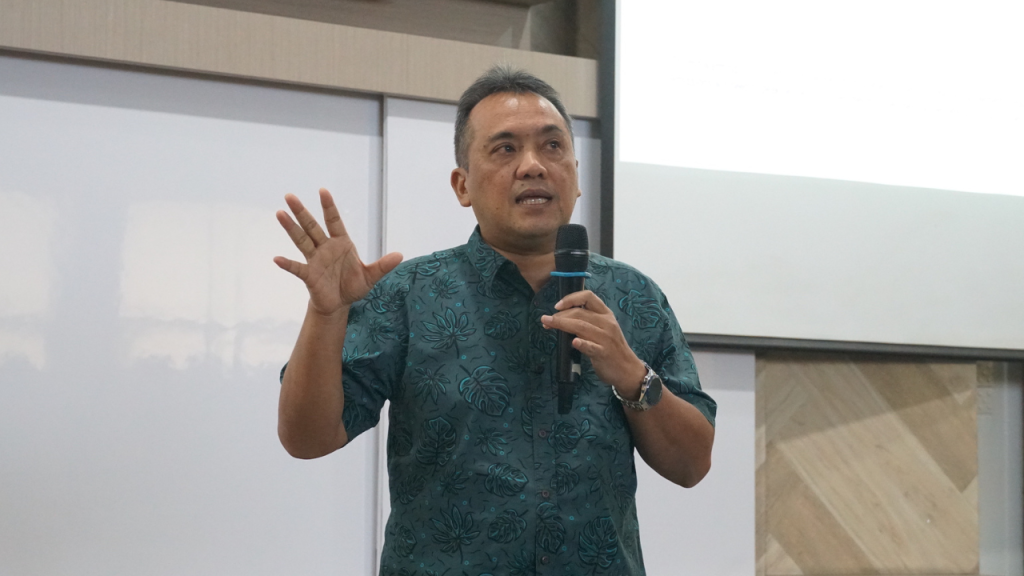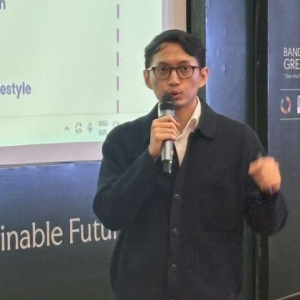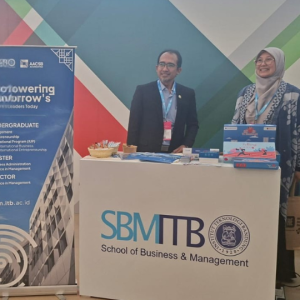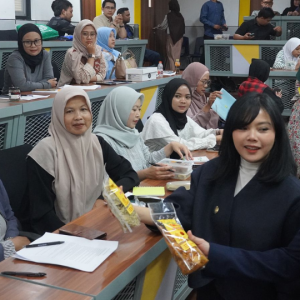Sustainability is an issue that is attracting public attention in various sectors. One of them is in the fashion industry. This industry is widely associated with unethical processes towards workers and causes environmental damage in the production process.
However, President Lecture South Pacific Viscose (Lenzing Group), Sri Aditia, explained that the fashion industry is heading towards a more sustainable direction in its operational processes. Lenzing Group is a chemical fiber manufacturer located in Purwakarta, West Java.
According to Sri Aditia, sustainability means not stopping what we are doing now and not sacrificing the needs of the next generation. In other words, continuing to provide resources or opportunities to the next generation.
She conveyed this during a guest lecture on Corporate Social Responsibility at the SBM ITB on Monday (4/9). Aditia added that the development of the fashion industry towards sustainability issues began when the Millennium Development Goals (MDG) were established.
At that time, developed countries utilized resources from developing countries. Then, as a refinement, there are Sustainable Development Goals and an agenda towards net zero emissions by 2030 and 2050.
Aditia acknowledged that several operational processes in the fashion industry contribute to emissions, leading to climate change. This results in global warming and rising sea levels. The accumulation of industrial emissions can damage the environment without concerted effort and prevention to reduce their negative impacts. However, according to Aditia, Lenzing Group has emphasized the company’s sustainability process by carrying the slogan “Advancing Our World Through Better Choices.”
She emphasized several important notes for companies if they want to strive for sustainability and help the environment remain sustainable for future generations. Companies must comply with regulations, understand and implement the Operating Permit, halve CO2 emissions by 2030, strive for zero CO2 emissions or carbon neutrality by 2050, and work on a social environmental and governance code of ethics. The banking sector has supported this. Those who do not comply are categorized as unsustainable companies and will find it difficult to obtain bank funding.
Aditia claims that the Lenzing Group operates with a circular economy model. As a multinational company, Lenzing cares about the circularity of nature and only uses certified industrial wood from Brazil (Amazon) and ensures they do not use conservative plants or wood.
She explained the process of making raw materials into cellulose fiber using the concept of resource efficiency and selecting the right vendor to run the operations. Some of its products have been used by big brands in Indonesia, such as Eiger.
